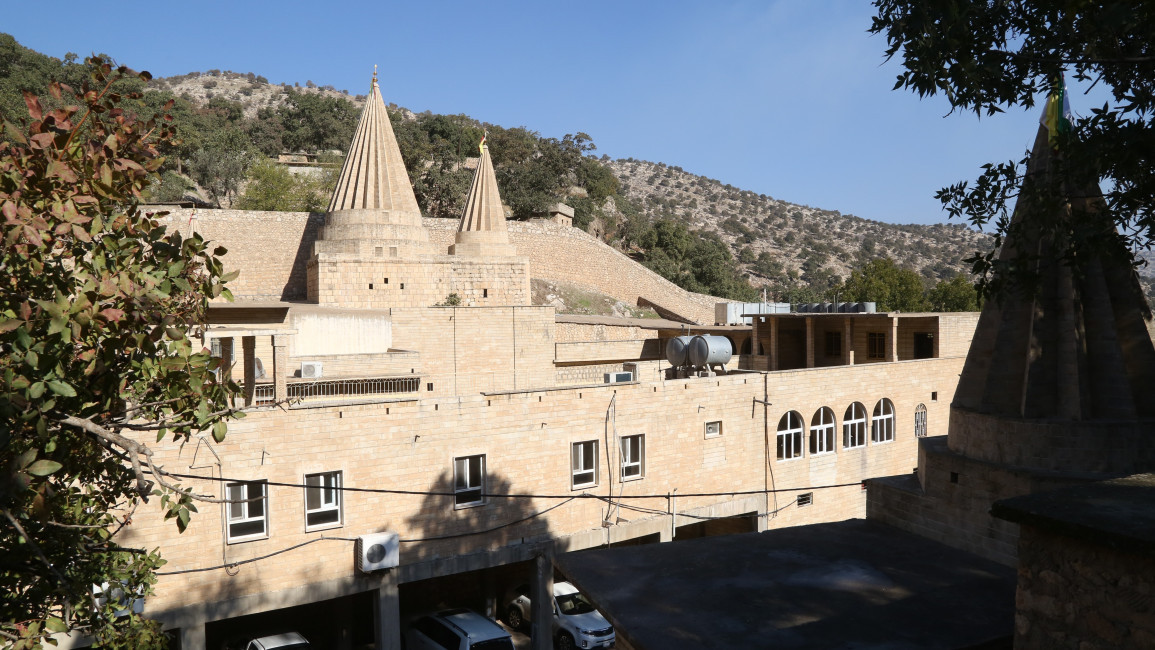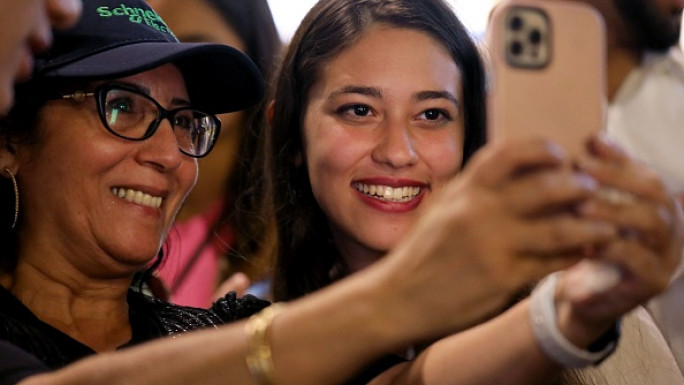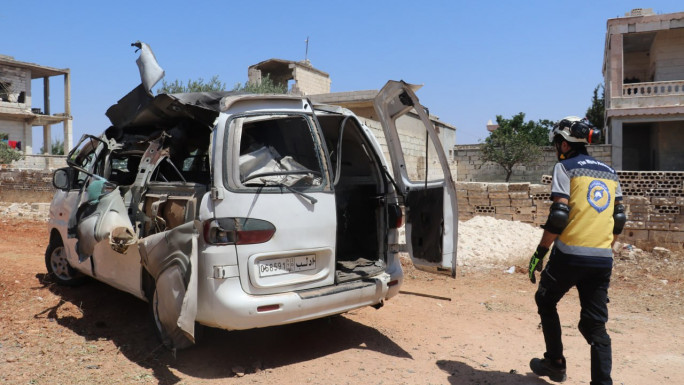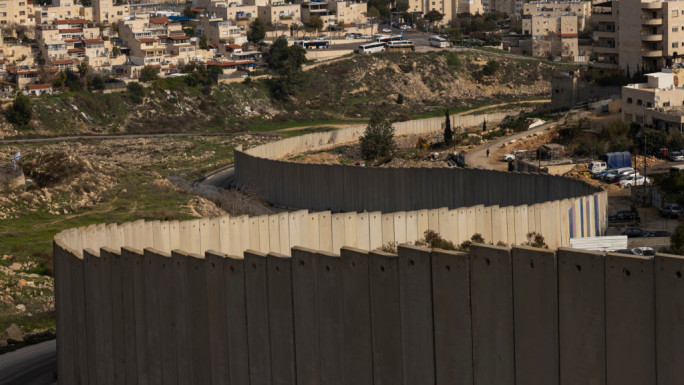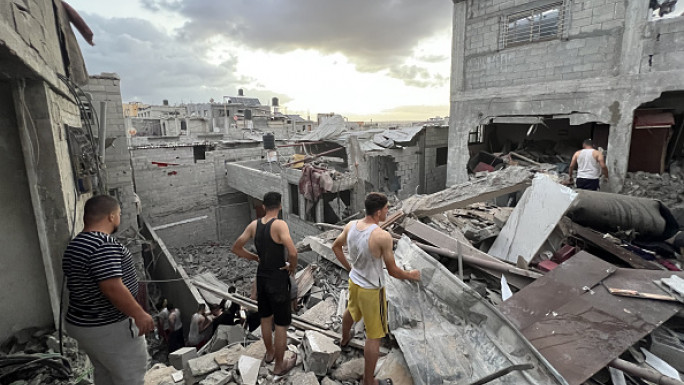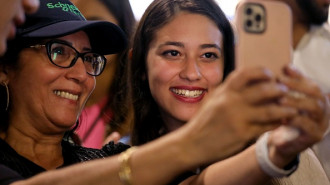Mayor of Iraq's Sinjar pledges stability, asserts push against political interference
Sinjar's newly elected mayor pledged to work closely with the Iraqi government to secure the Yazidi-majority town and ensure it does not fall under the influence of any political faction.
Sidou Khairy Ahmed, a former Yazidi activist, was elected on 2 July by the Nineveh Provincial Council, which also appointed mayors for six other districts and 13 sub-districts.
Ahmed's election comes as Sinjar continues to recover from the devastating assault by the Islamic State group (IS) a decade ago. On 3 August 2014, IS militants launched a brutal attack on the Yazidis, an ethno-religious minority in northern Iraq, killing at least 5,000 and kidnapping around 7,000 women and children, many of whom were subjected to sexual slavery and other abuses. Today, more than 200,000 Yazidis remain in displacement camps, unable to return to their homes in Sinjar.
As mayor, Ahmed has prioritised addressing the significant obstacles to resettling displaced Yazidis, including improving infrastructure, housing, and public services, particularly before the onset of winter. "The area needs more infrastructure and housing, more public service projects before winter comes," Ahmed told The New Arab.
Ahmed also highlighted the need for job creation to support the local population's return. While the Iraqi government has offered four million Iraqi Dinars (approximately US$2,700) to each family willing to leave the camps and resettle in Sinjar, Ahmed has argued that this aid should be increased, and the process expedited to make the return feasible.
"To accelerate the return of the people of Sinjar to their original places, the four million aid needs to be increased, and the procedure should be accelerated," he said.
Security remains a major concern for the new mayor. The 2020 Sinjar Agreement, signed between the Iraqi federal government and the Kurdistan Regional Government (KRG), called for the withdrawal of all armed groups from Sinjar and the establishment of a new local administration. However, the agreement has yet to be fully implemented, with various armed groups, including those aligned with the Kurdistan Workers' Party (PKK), maintaining a presence in the area.
The situation has been further complicated by frequent Turkish drone strikes targeting PKK-affiliated fighters in Sinjar. Turkey views the Sinjar Protection Forces (YBS), which emerged after the IS assault with PKK support, as an extension of the PKK, which it has outlawed. These strikes have resulted in civilian casualties, adding to the insecurity in the region.
Recently, the Iraqi Ministry of Interior relocated the National Identity Card office from Qahtaniyah near Sinjar to Ba'aj in western Nineveh province after allegations that a YBS official attempted to issue a national ID card for a PKK member. Ahmed refuted these allegations, explaining that the issue stemmed from a misunderstanding between a civilian and the director of the National Identity Card office.
Ahmed emphasised that his administration would work to establish joint coordination among all forces in the area, including local police and the Iraqi army, to ensure stability.
"We will have a clear security plan for everyone, and it will be linked to Iraq's sovereignty and the local government in Nineveh as well as the Iraqi security forces," he said.
Ahmed also committed to treating all parties fairly and ensuring that no external group imposes its will on his administration. He underscored his commitment to securing the Iraq-Syria border areas and preserving Iraq’s sovereignty.
The broader political and security dynamics in Sinjar remain complex. Baghdad recently dissolved three Yazidi political parties linked to the PKK, which, along with the YBS, have maintained a significant presence in the region since the defeat of IS. The YBS has resisted handing over control of Sinjar to a new administration, complicating efforts to normalise the situation as outlined in the 2020 agreement.
Former Nineveh Provincial Council member Ahmed al-Mutawiti told Al-Araby Al-Jadeed’s reporter in Baghdad Muhammed Ali that the Iraqi government is determined to eliminate militias that have infiltrated Iraq from beyond its borders. He added that the PKK's influence is particularly strong in western Nineveh, including Sinjar and surrounding areas, and suggested that relocating the Civil Status Directorate away from PKK influence could further weaken the group.
Political activist Mohammed al-Hamdani, also speaking to Al-Araby Al-Jadeed, TNA's Arabic sister website, emphasised the Iraqi government’s commitment to ensuring the independence of employees working in Sinjar from the PKK. He noted that the PKK has become a security, political, and social problem in western Nineveh, and there is broad support for government measures against the group. Al-Hamdani predicted that further actions would be taken in Sinjar, including security checks to ensure that local employees and officials are not linked to the banned party.
As Sinjar continues to face these complex challenges, the town remains underdeveloped, with nearly half of its population still displaced. The new mayor's ability to navigate these difficulties and restore stability will be crucial in determining the future of Sinjar and its long-suffering residents.
